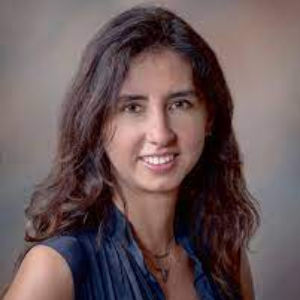Abstract:
Small-molecule based probes have been used to tag biomolecules site-selectively on molecular basis to enhance diagnostic approaches in cancer. We designed a small molecule-based probe which incorporated with the carbonyl moiety of biomolecules through a click reaction to form a fluorescent product. In terms of fluorescence perspective, our non-fluorescent synthesized chemical probe can make fast covalent binding with carbonyl moieties at neutral pH to form a stable product leading to spectroscopic alteration in live cells. Spectroscopic and confocal microscopy results were used to analyze the exogenous and endogenous ROS induced carbonylation profile in human dermal fibroblasts along with A498 primary site and ACHN metastatic site renal cell carcinoma (RRC) cell lines. Our results showed that oxidative stress- induced carbonylation level responses varied in exogenous and endogenous stress in healthy and cancer cells. When cells were exogenously ROS induced, A498 cell line demonstrated higher carbonylation level than the ACHN cells. On a broader perspective, the results we reported introduced a new synthetic probe-biolabeling approach for understanding the critical importance of carbonylation that can trigger cancer or metabolic diseases.




